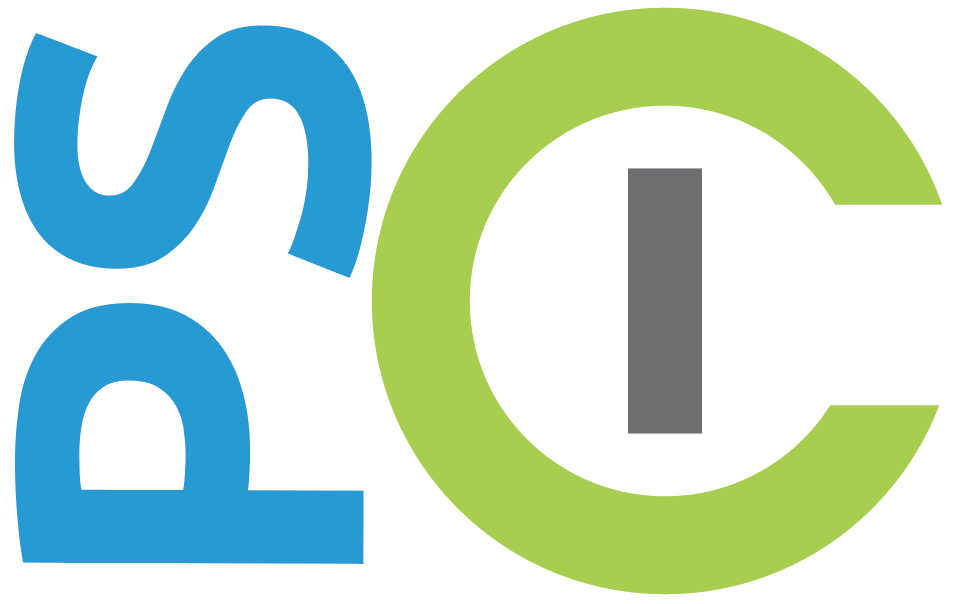Letter to the Editor: Student advocacy is a game-changer
As a single student, you may feel frustrated that you cannot impact world affairs, or that even if you really tried to, the time commitment would take away from your future career. My experience says differently. Student advocates can make an enormous impact with much less effort than any activist outside college, while still building valuable skills for their own futures.
College advocates can have a high impact-to-effort ratio. For example, this past summer, the Princeton Student Climate Initiative wrote a white paper on a carbon fee & dividend proposal in New Jersey. Such a policy could have a substantial impact on mitigating climate change impacts, like hurricane risk or agricultural losses, on top of stimulating the economy. We have been working with Assemblyman Zwicker to get a bill into the state legislature, and we believe it would have a good chance of passing: carbon pricing is supported by most economists, bothparties, and even fossil fuel giants. How much effort did it take to propose this important economic reform for a state of nine million people, with a GDP of $465 billion? Surprisingly, only three hours of work per week, for a bit over a month.
Climate change is not the only issue in which you can have a large, immediate impact. Consider the Immigration Day of Action in February, which mobilized over 500 students mailing postcards and letters to protest the first Muslim immigration ban. This was the work of the Princeton Muslim Advocates for Social Justice and Individual Dignity (MASJID) and Princeton Advocates for Justice (PAJ). Or consider the Day of Action in March, organized by Princeton Citizen Scientists (PCS) and PAJ, where nearly 1,500 people attended over 64 teach-ins on subjects ranging from nuclear proliferation to information censorship, and interacted with 13 University and community organizations promoting causes such as social justice and reducing the impact of money on politics. Or consider the fundraising work by Princeton Latinos y Amigos (PLA) and Princeton DREAM Team, which raised $2,700 for undocumented high school students in the Trenton Area. Of all the issues that you could have an impact on here at Princeton, I am just getting started.
If this recent advocacy still seems unimpressive, consider that student advocacy has often led to fundamental shifts in the course of history. The Voting Rights Act of 1965 outlawing racial segregation and discrimination was passed in large part due to the sit-ins and voter registration efforts by the Student Nonviolent Coordinating Committee. Korean student demonstrations were crucial in the June Struggle, which forced the South Korean government to transition from a military regime to a true democracy. Student activists, Princeton’s included, pushed their own universities to divest from South Africa, which contributed to the dismantling of their apartheid system.
Of all people, students can have particularly high impact per effort because of the college network. Where else in the world can one simply walk into the office of an international expert on climate change (Michael Oppenheimer), or human rights (Stanley Katz), or nuclear disarmament (Zia Mian)? When else would one be surrounded by thousands of other young, curious, and excited people? Who else is not overloaded with responsibilities like a family or full-time job?
Furthermore, many University organizations, like the Pace Center for Civic Engagement, Fields Center for Equality & Cultural Understanding, Office of Sustainability, and Student Government, are explicitly dedicated to supporting our projects. Because of them, we do not have to worry about logistical issues such as paying for posters, meeting places, websites, listservs, or food. This frees us to focus on what matters the most: brainstorming and implementing the most effective ways to impact issues.
Above all, advocacy is a crucial skill to have whatever career you choose. The advocacy that convinces a peer to write a letter or a Republican to fight climate change is the same one that convinces a patient to follow a treatment plan or an investor to fund your project. And everyone can learn it. Take me for an example: a computer science major, I had taken zero classes related to effective political advocacy prior to starting the Princeton Student Climate Initiative last semester. But once the group started moving, once we started reading more on the topic, learning from other student groups and speaking with professors, I gained these advocacy skills. If I could do it, so can you.
The Civic Engagement Fair is Friday, September 15 from 12-3 p.m. outside Dillon Gymnasium. Princeton’s motto is “In the nation’s service and the service of humanity.” If they’re just words to you, fine. Otherwise, I will see you there.
Jonathan Lu is a senior in Computer Science from Fremont, Calif. He can be reached at jhlu@princeton.edu.

